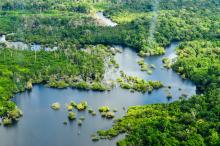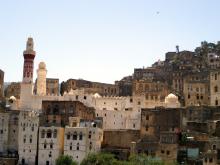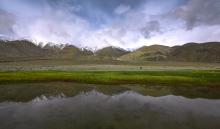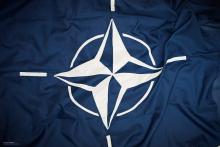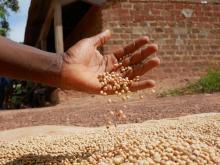This book brings together two important fields in the study of international politics and policy: climate change adaptation and mitigation (climate action) and the Responsibility to Protect (R2P). Both have attracted strong scholarly attention in their respective research silos, but there is yet to be a strong research push that explores the relationship between the two.





